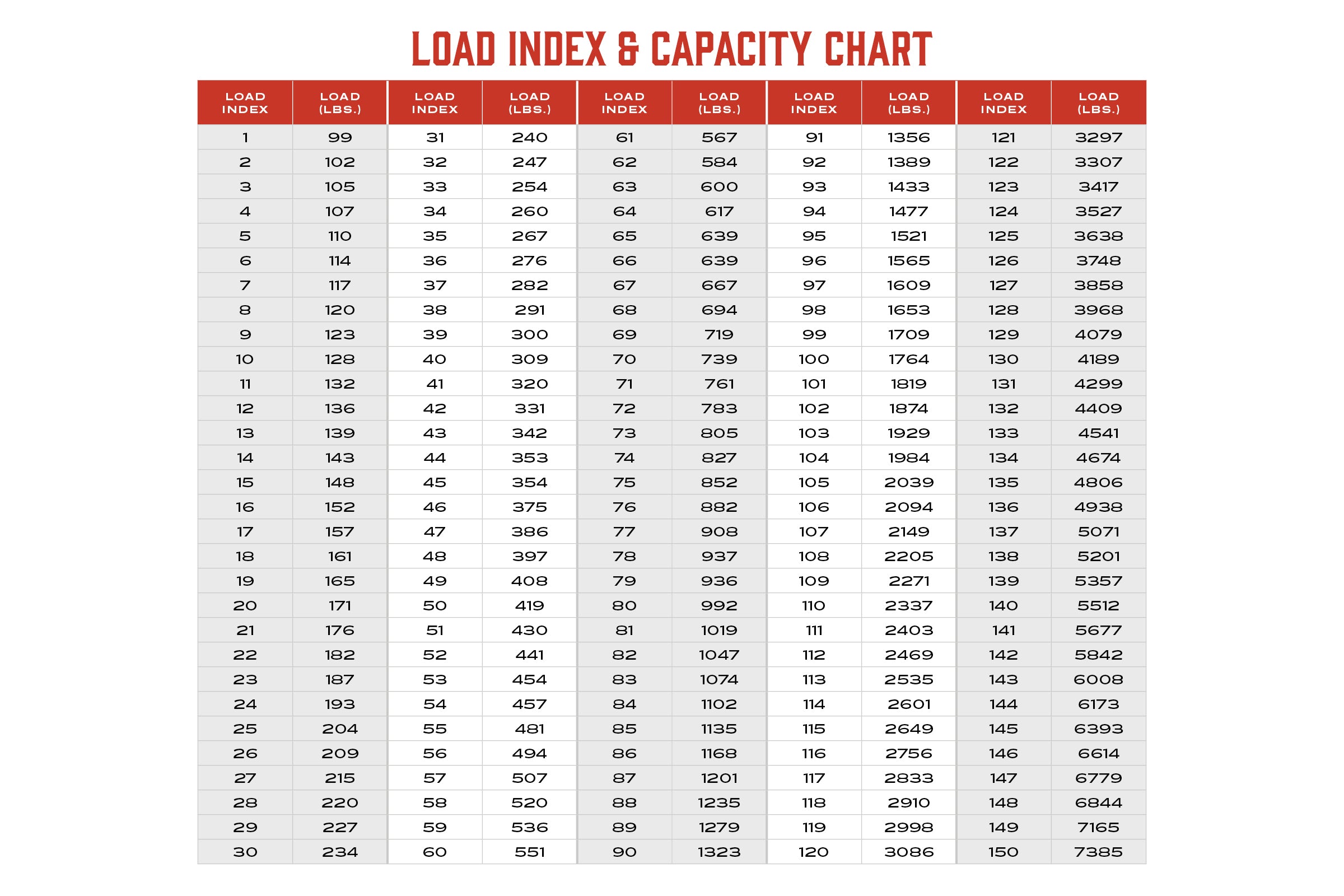Let's start with differentiating between P type tires used on smaller pickups and passenger cars and LT tires used on heavy duty pickups and vans
Difference between P type tires and ST tires: P type tires are inflated to 35 or so psi. ST tires can be inflated to over 100 psi depending on the Load Range. That inflation difference requires a stronger carcass to contain the air pressure. It is this difference that people are usually referring to when discussing the difference between trailer tires and regular tires.
In other words, the primary difference is that ST tires are built with stronger materials.
Please note: Do NOT confuse the max pressure between these 2 types of tires. P type tires are done differently due to speed ratings - and that's where it gets complicated. Suffice it to say that a P type tire with a max pressure of 51 psi (They come in discreet intervals!) is not the same as a Load Range C LT or ST tire (50 psi rating). A LR C would be built stronger.
Difference between LT and ST tires: For the carcass, you could argue that there are no differences - but more properly, there are differences in the construction between Load Ranges, but those differences are common for both LT and ST tires.
While there are differences between ST and LT tires, the differences are in the details that allow each type to function better for their intended purpose.
The net is that an LT tire can be used in place of an ST tire, but not the other way around. But here is where it gets tricky: ST tires are rated for about 20% more load capacity for the same size and inflation pressure. This difference is caused by differences in the way these 2 types of tires are rated - in particular, trailer tires are not powered, and originally, they were speed restricted to 65 mph. The differences are NOT caused by differences in construction.
The way this works is that IF an ST tire does NOT have a speed rating, then the tire is restricted to 65 mph, but if it does have a speed rating, it is restricted to the speed indicated by the speed rating.
I expect a lot of questions. Post them below. I'll do my best to answer them.

